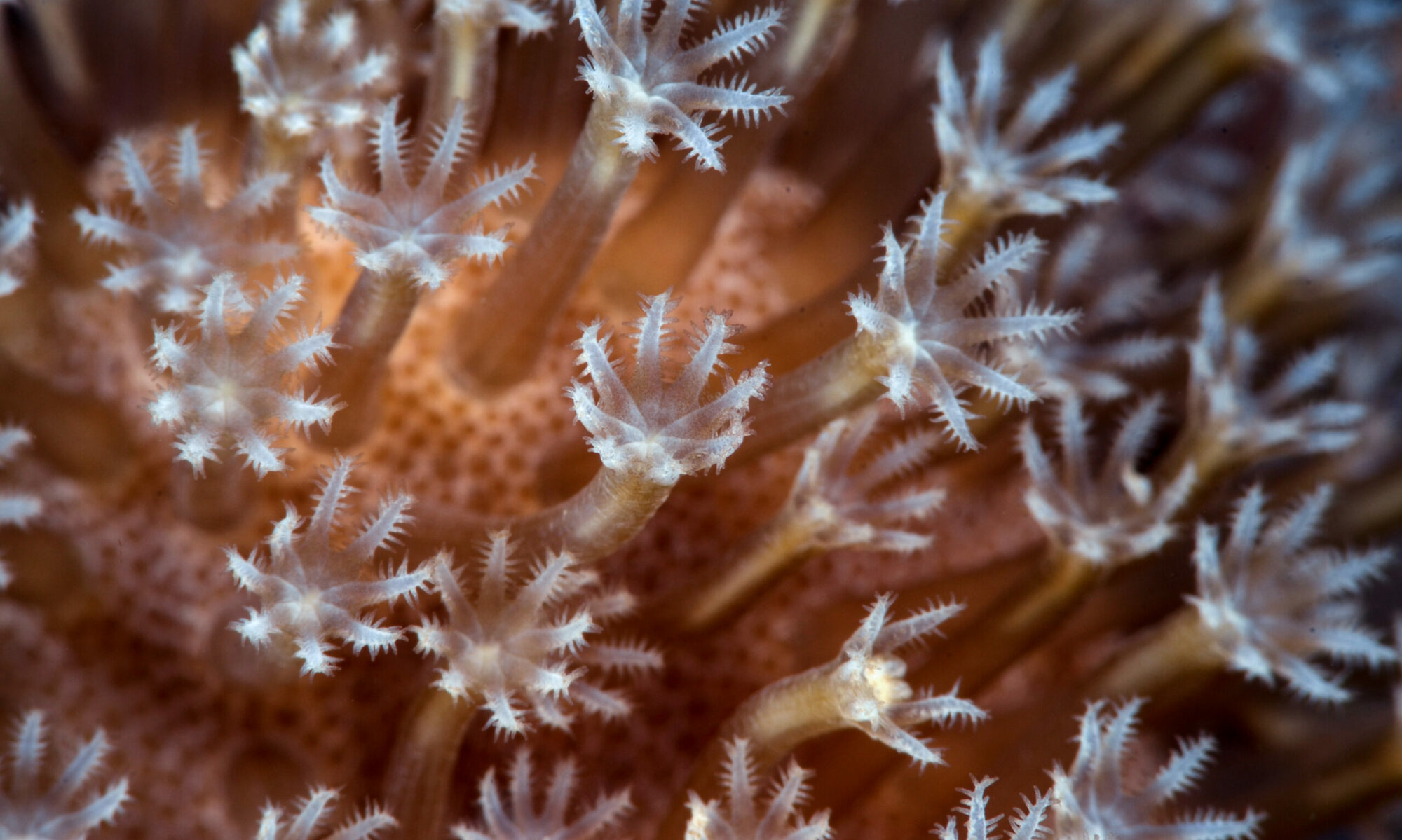Graduate Research Assistantship
GRA Overview
The Guam EPSCoR program at the University of Guam is funded through two NSF programs: EPSCoR Collaborations for Optimizing Research Ecosystems (E-CORE) and EPSCoR Research Incubators for STEM Excellence (E-RISE). Both programs provide stipend and tuition support for graduate students enrolled at the University of Guam through their Graduate Research Assistantship (GRA) programs. E-CORE provides support to graduate students in any STEM discipline while the E-RISE project is supporting students interested in marine biodiversity and ecosystem research.
Selected students will benefit from a tuition waiver of up to 12 credits per semester for the pursuit of a master’s degree, research training, faculty mentorship, possible travel opportunities, and a $24,000 annual stipend ($2,000 per month).
GRA Program Benefits:
- Research experience and training
- Mentorship and professional development
- Annual stipend of up to $24,000
- Tuition waiver of up to twelve (12) credits per semester for the pursuit of a master’s degree
- Potential travel opportunities
GRA Program Eligibility and Requirements
Some criteria for awardees and candidates are reviewed on a case-by-case basis.
Criteria:
- Current full-time graduate student in a STEM program.
- Students cannot be supported by another grant.
- Applicants can apply for 1-2 years of support.
- Applicants cannot be prior EPSCoR funded graduate student.
Application Process
Graduate students that meet the eligibility requirements and have an interest in EPSCoR Research should apply following the steps listed below:
- Educate yourself about the University of Guam and Guam NSF EPSCoR. Please ensure you meet the eligibility requirements.
- Begin communicating with faculty mentors regarding assistantships. Contacting mentors prior to applying is highly encouraged to ensure the alignment of research goals.
- If you intend to apply, begin the application process into the University of Guam Graduate Program in Biology or Environmental Science. (Applications to the University of Guam and Guam EPSCoR GRA Program are separate applications)
- Ensure you meet the pre-requisites for the Biology Program here or Environmental Science Program (https://catalog.uog.edu/current/graduate-bulletin/programs/college-of-natural-and-applied-sciences/environmental-science#Admission).
- Communicate with the graduate degree program.
- Begin the application process to UOG here.
- Apply to be an EPSCoR Graduate Research Assistant!
- Complete the online form for E-CORE or E-RISE GRA. Access the application form by clicking on the flyer below.
E-CORE GRA
5. Upon completion of the application, please inform Dr. Sangueza (csangueza@triton.uog.edu) that your application is submitted. Please give two weeks for our review. If you haven’t heard from us after that time, please feel free to follow up. In the meantime, feel free to follow up on the status of your application or continue communicating with mentors.
*EPSCoR does not provide financial support for any costs associated with moving to Guam*
Please email guerrerof@triton.uog.edu for specific questions regarding programming or research experience.
E-RISE GRA
5. Upon completion of the application form, please inform Kikue Roberto (robertokm@triton.uog.edu) that your application is submitted and attach a brief (max. 300 word) statement of interest, CV/resume, and unofficial undergraduate/graduate transcripts to your email for our review. Please have two (2) letters of recommendation sent to the same e-mail address above.


